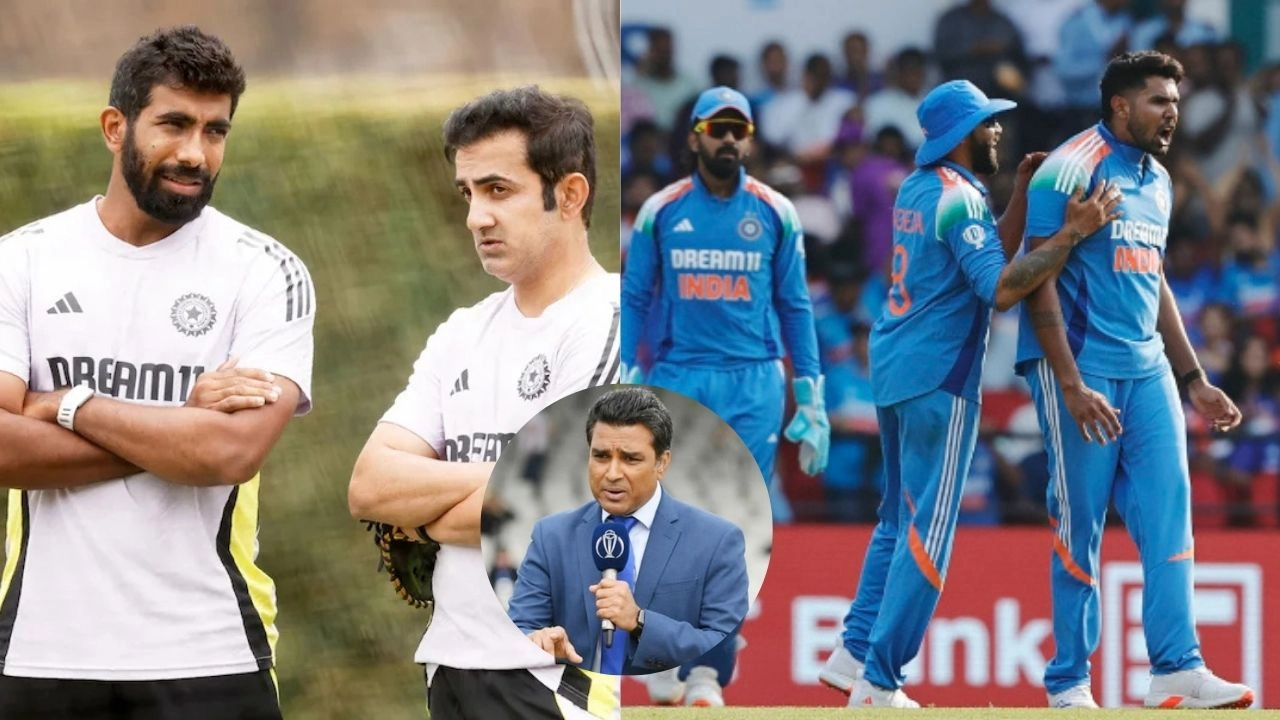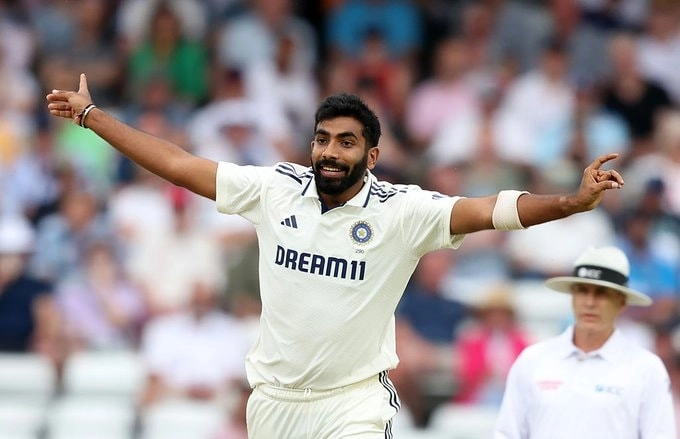Rahul Dravid, the former Indian cricketer and current head coach of the Indian national team, recently shared his reflections on his tenure in the role, particularly highlighting the influence of Captain Rohit Sharma. Dravid emphasized that Sharma’s leadership style and dedication to the team have been instrumental in creating a positive and cohesive atmosphere within the squad. He noted that Sharma’s approach to captaincy goes beyond mere tactical decisions; it encompasses a deep care for the players’ well-being and development. This aspect has significantly contributed to the team’s overall performance on the international stage.
Dravid’s insights revealed that Sharma prioritizes open communication, fostering an environment where players feel comfortable expressing their thoughts and concerns. This has not only enhanced team dynamics but has also allowed players to perform to the best of their abilities. Dravid acknowledged that Sharma’s ability to connect with teammates on a personal level has been a key factor in building trust and camaraderie, crucial elements for any successful team. The coach believes that this nurturing atmosphere has played a vital role in the team’s accomplishments during their campaigns.
Reflecting on the challenges faced during his tenure, Dravid mentioned the importance of resilience and adaptability in a sport as unpredictable as cricket. He praised Sharma for leading by example, demonstrating how to handle pressure situations with composure and clarity. This has not only inspired the team but has also instilled a sense of confidence among the players, empowering them to tackle adversities head-on. Dravid’s comments on Sharma’s leadership highlight a crucial aspect of modern cricket: the need for captains to be empathetic and supportive, while also being strategic and decisive.
As Dravid continues to guide the Indian team, he remains committed to fostering a culture of excellence, where players are encouraged to grow both as athletes and individuals. The synergy between Dravid and Sharma serves as a testament to the importance of strong leadership within sports teams. Together, they aim to build a legacy that goes beyond victories, focusing on developing a robust cricketing framework that emphasizes personal growth, teamwork, and resilience. In a sport where teamwork is paramount, the bond between the coach and captain is undeniable, setting a benchmark for future cricketing leaders.




